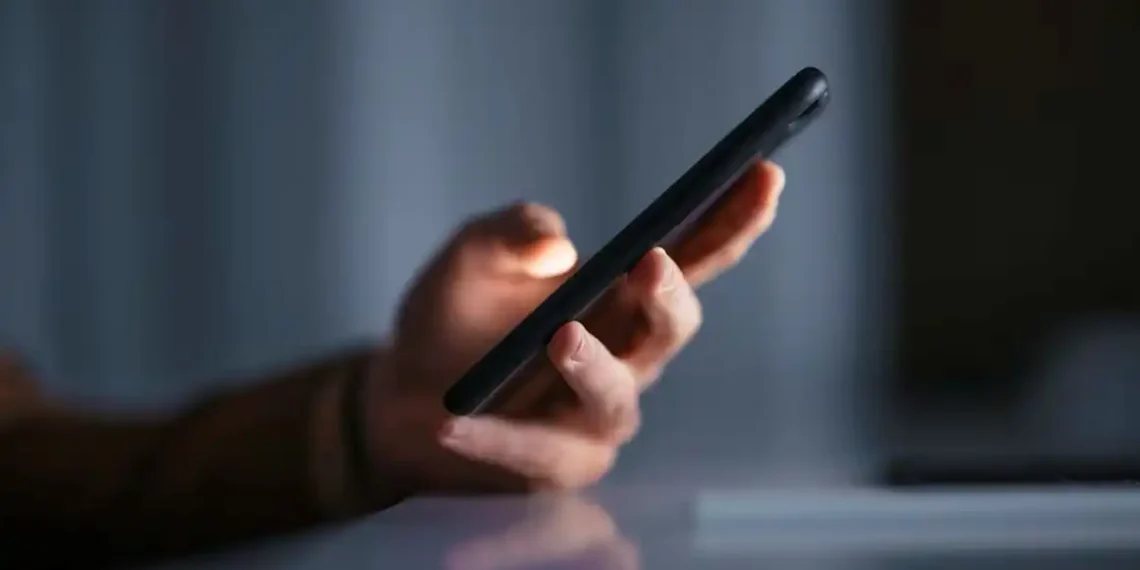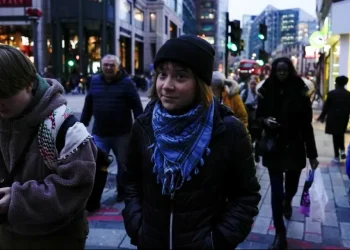Denmark Plans Bold Move to Curb Deepfakes: Give People Ownership of Their Own Face and Voice
In an age where artificial intelligence can clone your face and voice in seconds, Denmark is taking a bold stand: give every citizen the legal right to control their own likeness.
Danish Culture Minister Jakob Engel-Schmidt has proposed a new law that would treat a person’s face and voice as their property—meaning if someone’s features are used in an AI-generated deepfake, they can demand it be taken down.
“Technology has outpaced legislation,” Engel-Schmidt told CNN. “We shouldn’t accept a world where people are run through a digital copy machine and misused for all sorts of purposes.”
A Personal Copyright Over Your Identity
Under the proposed law, individuals—whether celebrities, artists, or private citizens—would have the right to request takedowns of AI-generated content that imitates their appearance or voice without consent.
That could have a big impact in an era where viral deepfakes are becoming more common, especially in the entertainment industry. Engel-Schmidt pointed to artists who’ve found AI-generated music online that mimics their voice, fooling fans into thinking it’s authentic.
One high-profile example: Celine Dion warned her followers earlier this year about deepfake content circulating online that appeared to be her singing—but wasn’t.
Artists Are Already Speaking Out
The music world is increasingly alarmed by generative AI. In April 2024, over 200 artists—including Billie Eilish, Katy Perry, the Jonas Brothers, Kacey Musgraves, J Balvin, and Miranda Lambert—signed an open letter demanding protections against AI impersonation in the music industry.
Denmark’s plan could be one of the first national laws to answer that call.
Engel-Schmidt says the bill has already earned cross-party support in parliament and is expected to pass this fall. But that’s just step one.
“Once it’s law, we’ll look at adding real consequences—like fines—for companies that don’t comply with takedown requests,” he said.
Balancing Free Speech and Human Dignity
The minister is careful to note that this isn’t about censorship.
“We’re champions of free speech,” he said. “But people should have the right to say yes or no to being used by generative AI.”
So far, Engel-Schmidt hasn’t formally approached major tech platforms about the proposal—but he says those conversations are coming.
“It’s in their interest, too, to make AI work for humanity—not against artists, public figures, and everyday people.”
A Global Push for Deepfake Accountability
Experts say Denmark’s approach is part of a growing global movement to regulate generative AI and protect against its misuse.
“Deepfakes pose both individual and societal risks,” said Athina Karatzogianni, a professor of technology and society at the University of Leicester. “They threaten personal rights and also damage the democratic values of equality and transparency.”
With generative AI rapidly evolving, Denmark’s proposal may become a model for other countries trying to navigate the same ethical minefield.
This article was rewritten by JournosNews.com based on verified reporting from trusted sources. The content has been independently reviewed, fact-checked, and edited for accuracy, neutrality, tone, and global readability in accordance with Google News and AdSense standards.
All opinions, quotes, or statements from contributors, experts, or sourced organizations do not necessarily reflect the views of JournosNews.com. JournosNews.com maintains full editorial independence from any external funders, sponsors, or organizations.
Stay informed with JournosNews.com — your trusted source for verified global reporting and in-depth analysis. Follow us on Google News, BlueSky, and X for real-time updates.














